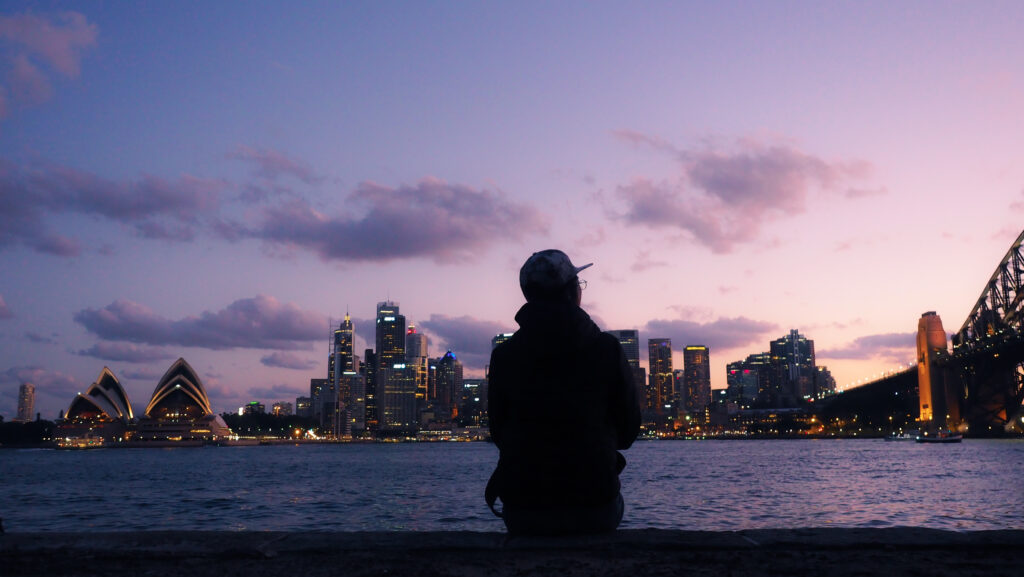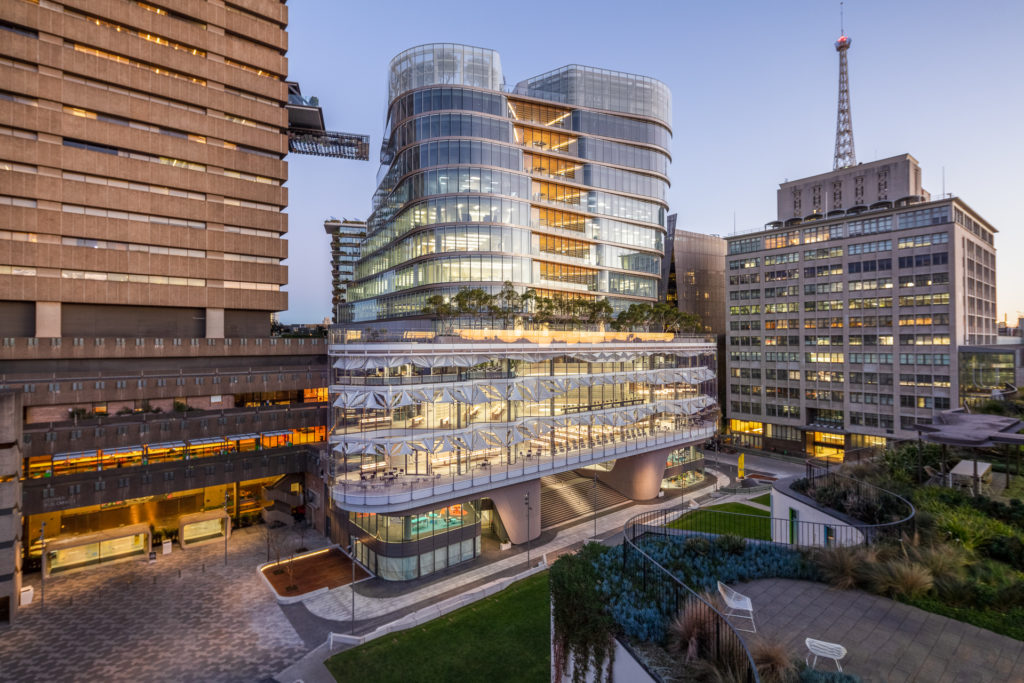Opposition Leader Peter Dutton has proposed a significant cut to the number of international students allowed to start studying in Australia, claiming it would ease pressure on the housing market.
Under the Coalition’s plan, the annual intake would be capped at 240,000 – 30,000 fewer than Labor’s suggested number. The policy is being promoted as a way to ease housing pressures, with Dutton proposing it would “help Australians struggling to find a place to live.”
However, the plan has sparked strong criticism from education advocates and students who argue that the policy unfairly blames international students for Australia’s housing crisis.
Union labels the policy ‘misleading’
The National Tertiary Education Union (NTEU) has condemned the plan, calling it misleading and damaging to the economy and education system. The union says it’s not international students driving up rental prices, but a failure in housing supply policy.
They also warned that cuts to student numbers would impact universities in both regional and urban areas and the communities that international students live in.
“A big study came out of universities in South Australia that demonstrates there was no link to international students and the cost of renting,” shares NTEU president Alison Barnes.
Students say their futures are at risk
One of those affected is Janvi Abrol, who moved from India to study IT at Federation University’s Berwick campus. She fears the policy could threaten her chance to live and build a future in Australia.
“For many international students, their Australian dream [could be] shattered,” she said.
Her story highlights how international students are deeply invested in their Australian education, often working, paying rent, and contributing to the local economy.
Regional impact and visa fee hike
Registered migrant agent Gurpreet Dhawan also voiced concerns, warning that regional communities, which rely heavily on international students, could be hit hardest.
She noted that international students often help fill skill gaps and bring economic support to regional communities. Dhawan added that students are being made into “an easy target” in the housing debate, despite not being the root cause of the problem.
On top of the student cap, the Coalition also plans to raise visa application fees significantly — up to $5,000 for those attending Group of Eight universities, and around $2,500 for others.
What’s next?
Critics argue that this plan won’t fix Australia’s housing shortage but will damage its global reputation as a top study destination. As debate continues, many students, universities, and education bodies are urging the government to reconsider its approach and look for long-term, sustainable housing solutions instead of targeting international students.
You can read the full ABC article here.





